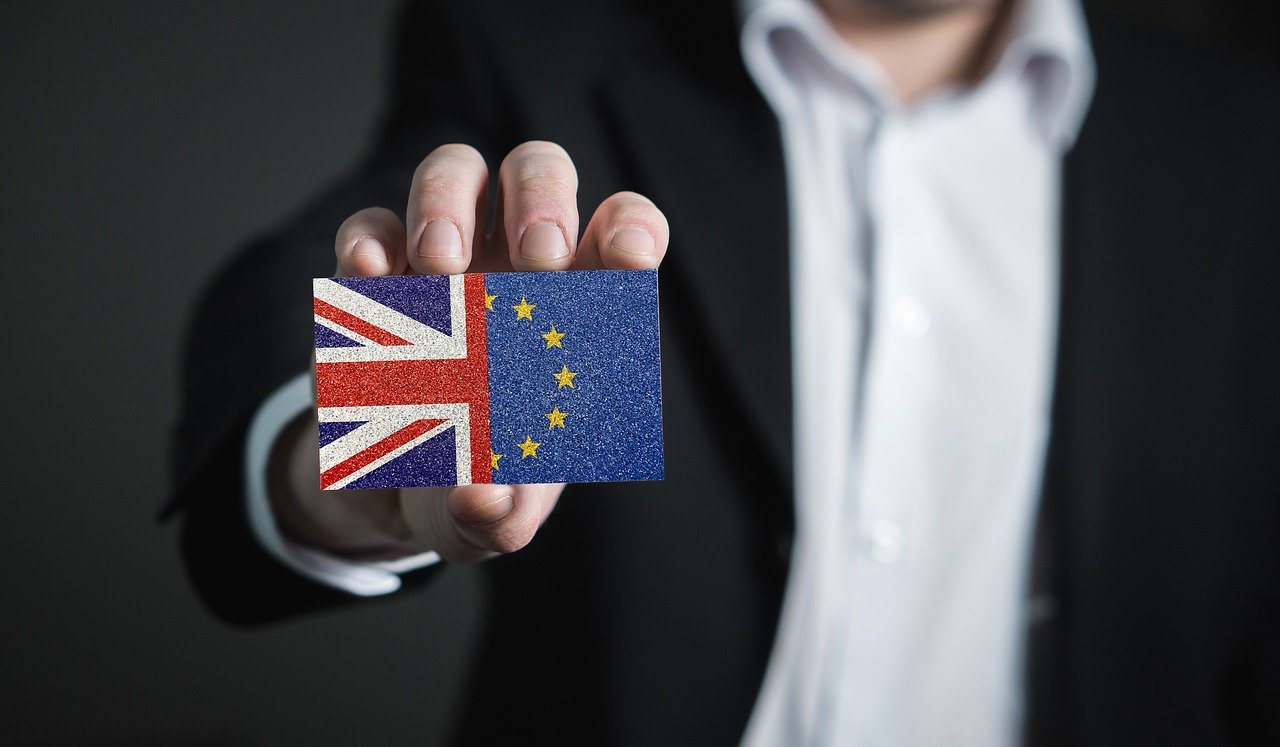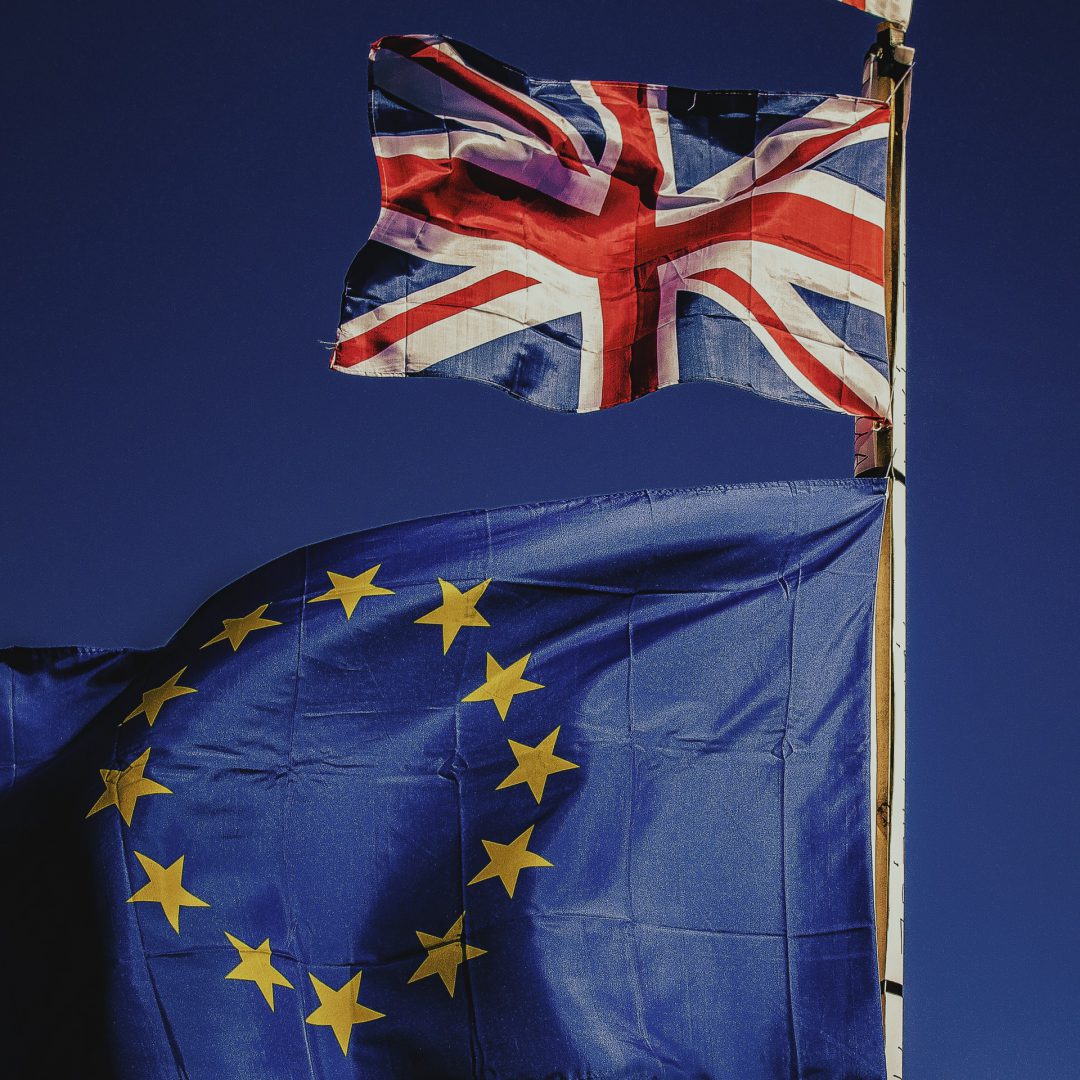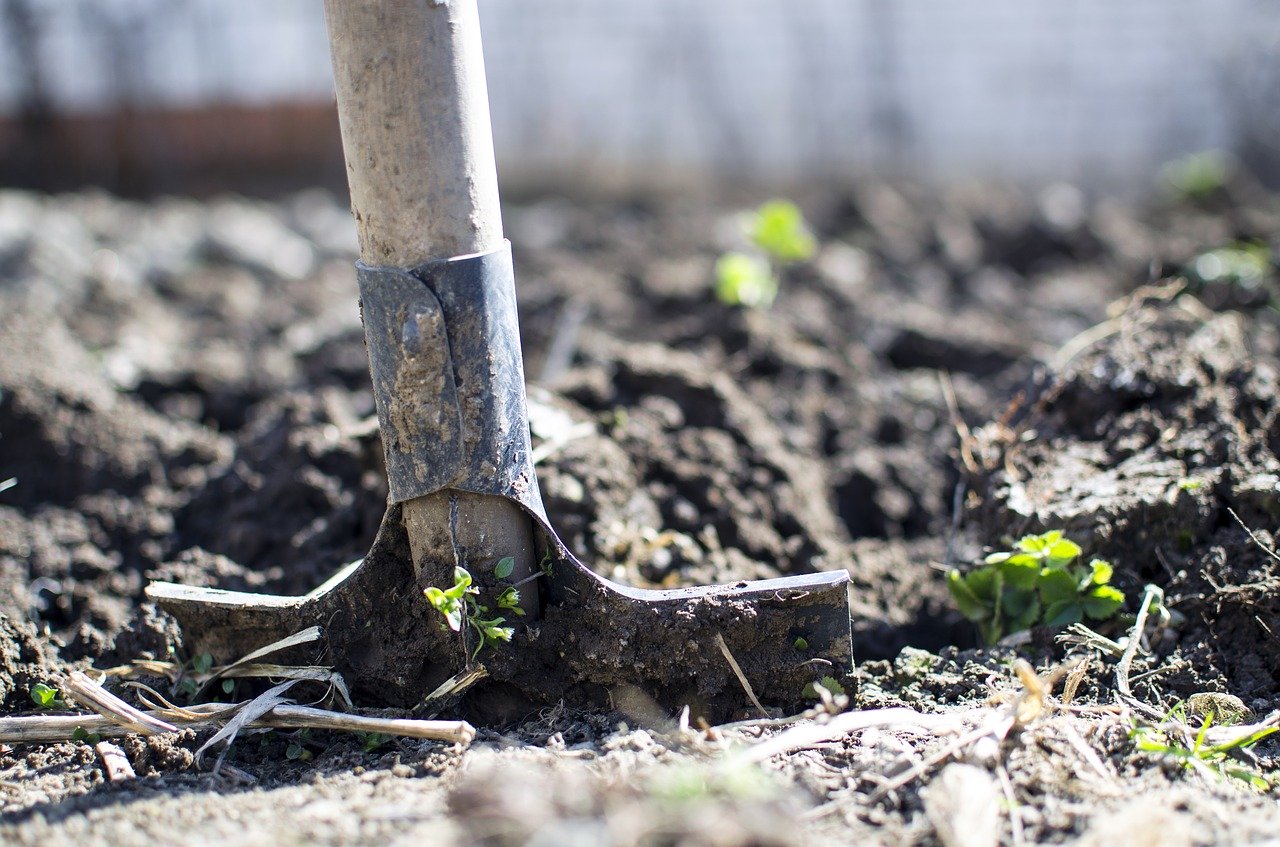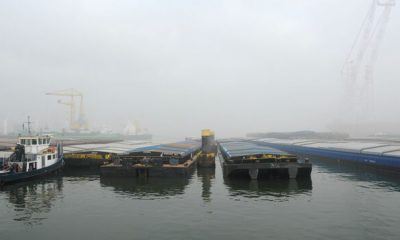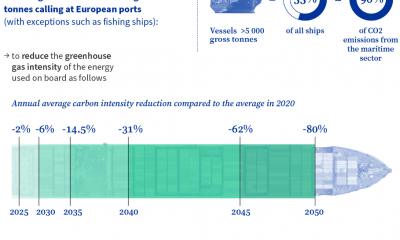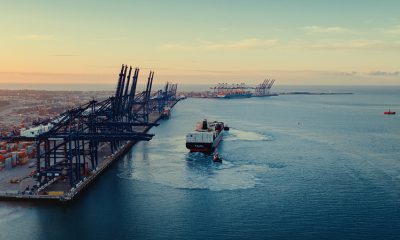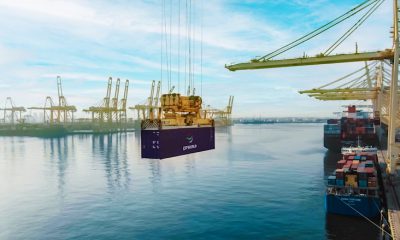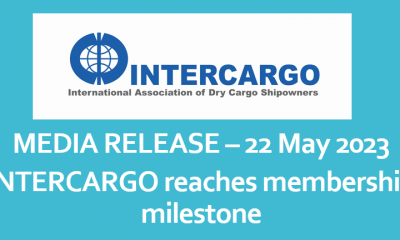If the UK is to continue to trade efficiently with the EU, its biggest and closest market, there are six key areas the UK’s negotiators and government need to prioritise in the opening stages of talks with Europe about their future trading relationship, according to FTA, the business organisation which represents the logistics industry.
As Elizabeth de Jong, FTA’s Policy Director, explains, failure by the UK government to prioritise the key areas outlined in FTA’s new policy blueprint, “Keeping the UK and the EU Trading”, could have a devastating effect on the UK’s highly interconnected supply chain, as well as creating a knock-on effect that will hamper the UK PLC’s future productivity and the country’s economy as a whole:
“While the UK is setting out its parameters for the future relationship with the EU in Brussels, it is vital that the needs of the logistics industry are front and centre of any conversations,” she says. “UK PLC is reliant upon a highly complex, interconnected supply chain, and if the needs of those responsible for moving goods and services to support the country’s economy are not prioritised, the effects could be devastating for the supply of vital products to shops, schools, hospitals and manufacturing. Delays to deliveries could well cause out of stock issues and shut down factories operating “just in time” production. The logistics industry needs to be engaged from the start.
“The risk of disruption at the borders must be mitigated to ensure that businesses can continue to operate efficiently and effectively,” she continues. “It costs more than £1 a minute to operate an HGV – so lengthy delays at the border could add significant costs to the price of goods, driving up prices and fuelling inflation.
“Trade facilitation measures are needed to reduce the impact of additional border requirements and red tape and help reduce the threat of delays and added costs. There are a number of simplifications and agreements we are pressing negotiators to deliver which could mitigate many of these threats for our industry and our economy. The need for physical checks should be reduced and any which are required should be take place away from the border.
“Logistics needs to know now what procedures and processes will be used to cross borders, to have time to test and feedback on proposals, and then time to install and train staff. The detail our members need is not available. Complex new systems cannot be delivered overnight without interruptions to the existing supply chain, even with the best will in the world.
“There is a substantial customs agent shortage and member states and the UK government need to urgently address this by giving support, guidance and funding. Sufficient co-funded training should be provided for those new to completing customs declarations, as well as for those handling a significant increase in declarations and other new administrative requirements.
Speaking on behalf of FTA’s membership, Ms de Jong confirmed that there are other key arrangements which must be clarified if all modes of transport are to continue to cross the UK’s borders effectively: “Existing arrangements for road, air, sea and rail connectivity must be formally agreed soon or the impact on the availability of goods our society and the economy relies upon will be catastrophic. And to support this, the ability of UK workers to cross borders easily must be protected – goods cannot move without a human interaction, leaving vehicles stranded at borders if extensive immigration checks are carried out.
“Logistics is a massive sector that’s vital to UK PLC, directly impacting the lives of more than seven million people employed in the making, selling and moving of goods. It is a flexible, highly adaptable industry, which stands ready to support the government as the UK moves towards a new economic relationship with the EU. But government needs to prioritise the needs of logistics in the first round of negotiations, so that we have time to adopt and adapt to the future arrangements to keep Britain and the EU trading after the transition period. December is only a few months away, and we need months not minutes to prepare.”
With Brexit, new technology and other disruptive forces driving change in the way goods move across borders and through the supply chain, logistics has never been more important to UK plc. A champion and challenger, FTA speaks to Government with one voice on behalf of the whole sector, with members from the road, rail, sea and air industries, as well as the buyers of freight services such as retailers and manufacturers.
